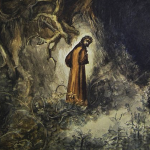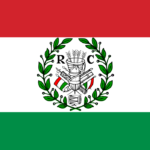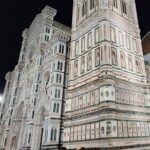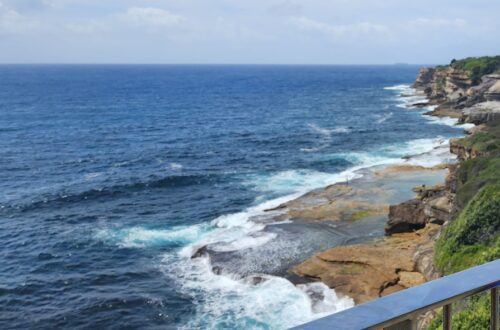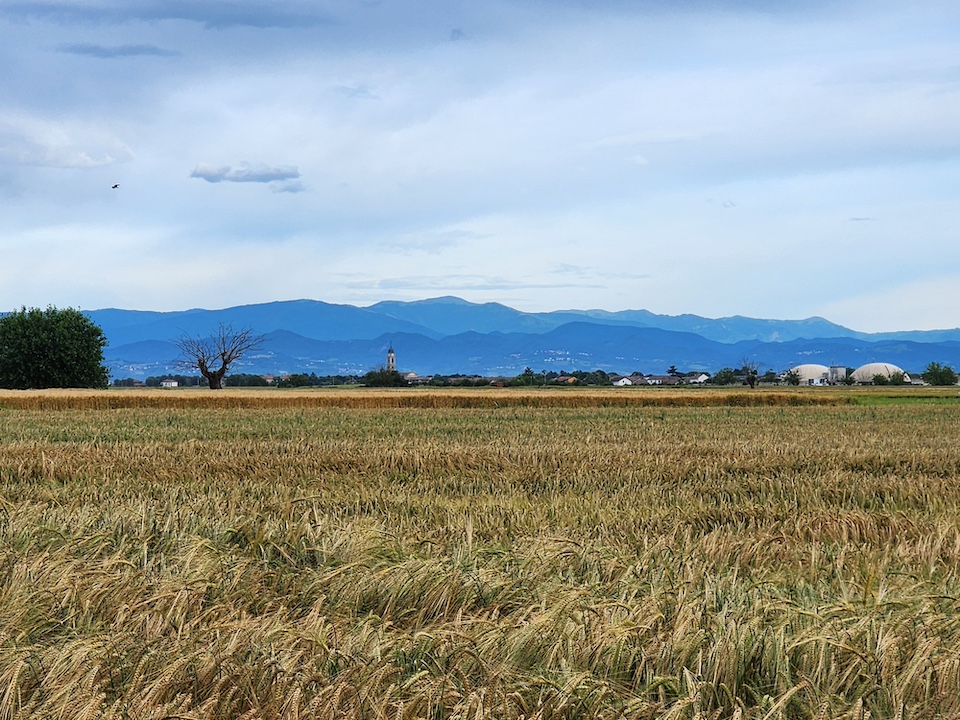
Marengo Chicken: the Battle that put Napoleon on the Throne
My poem below is about the Battle of Marengo (Piedmont, Italy, 14 June 1800) and “Marengo Chicken“, a dish inspired by the battle. In June 2024, we visited the site of the battle and stayed in Cascina Grossa, (which is where the French were based during the battle). The next day we visited the fine museum in Spinetta Marengo dedicated to the battle and the campaign. We were there again (by coincidence) on the anniversary date of 14 June.
Questo mio poema in seguito tratta della Battaglia di Marengo (Piemonte, 14 giugno 1800) e del “Pollo alla Marengo“, un piatto ispirato alla battaglia. Nel giugno del 2024, abbiamo visitato il sito della battaglia e abbiamo soggiornato a Cascina Grossa (vicino a dove erano collocati i francesi durante la battaglia). Il giorno dopo siamo andati al bel Marengo Museum, dedicato alla battaglia ed alla campagna militare di quell’anno in nord Italia. Eravamo di nuovo lì (per caso) proprio nella data dell’anniversario del 14 giugno.
The battle almost destroyed Napoleon. He wasn’t Emperor yet and was still in disgrace after his failure in Egypt. But, after returning to France, he had built a secret army in Dijon, and snuck it over the Alps in a surprise campaign against the Austrians (who had taken northern Italy from the French the previous year).
La battaglia ha quasi distrutto Napoleone. Non era ancora imperatore, e stava ancora facendo i conti con il suo fallimento in Egitto. Tuttavia, dopo il suo ritorno in Francia, ha creato un armata segreta a Dijon, che ha introdotto in Italia superando le Alpi in un attacco a sorpresa contro gli austriaci (che avevano preso il nord dell’Italia dai francesi).
This particular battle was so significant it has been called the battle that put the crown on Napoleon’s head. The day after the battle, the Austrians signed a truce with Napoleon and withdrew their forces from Northern Italy. Although I use the word “French” to describe Napoleon’s revolutionary forces, they were already multinational, with an Italian legion fighting as part of the French forces.
La battaglia fu così significativa che venne chiamata la battaglia che ha messo la corona sulla testa di Napoleone. Il giorno dopo la battaglia, gli Austriaci ritirarono le loro forze dal nord dell’Italia. Nonostante io adoperi nel poema la parola ‘francese’ per descrivere le forze rivoluzionarie di Napoleone, esse erano già internazionali, con una legione italiana che combatteva come parte delle forze Francesi.
Desaix, who appears in the poem below, was a French general and the arrival of his forces are credited with turning the tide of the battle.
Desaix, che troviamo nel poema, fu un generale francese e il cambio della fortuna dei francesi è attribuito all’arrivo delle sue forze.
After the battle, the name Marengo spread around the world, with many sites names Marengo in North America. The name has even spread to Australia. Cape Marengo in Victoria named by the French explorer Nicolas Baudin. Nearby there is the village of Marengo and Marengo Beach.
Dopo la battaglia, il nome Marengo si diffuse per il mondo, con tanti siti con il nome Marengo nel Nord America. Ce ne sono anche in Australia. Cape Marengo in Vittoria, così nominato dall’esploratore francese Nicolas Baudin. Presso questo, c’è il villaggio di Marengo e una spiaggia nominata anche Marengo.
Marengo Chicken
Pollo alla Marengo
What to feed Napoleon, the question of the day,
Something for the little man, there a pretty riddle,
A chicken answered to the call, although but humble fare,
Prepared with bounty of the fields, it certain’ fit the bill.
Che mangerà Napoleone, era la domanda di quel giorno,
Qualcosa per sfamare il piccolo uomo, un bell’indovinello,
Una gallina ha risposta al richiamo, anche se faceva un piatto umile
Preparato con la bontà dei campi, faceva più che bene a chiunque.
Yes, the blood soaked field of battle on that summer day,
And yes that victory that gifted him the throne.
Not the last fight for Napoleon, nor the very first,
When the battle of the day was done, hungry was the man,
And so the dish was born – the famed Marengo Chicken …
Sì, quei campi di battaglia insanguinati quel giorno d’estate,
E sì, proprio quella vittoria che gli ha dato il trono come dono.
Non la prima lotta per Napoleone, né sarà la sua ultima,
Quando la battaglia fu fatta, l’uomo aveva fame,
E così il piatto nacque – il Pollo alla Marengo
The battle fiercely raged that day,
And the foe ground down the French,
Like a mill-stone grinds the seed so their bodies rent,
The battle near was lost.
La battaglia fu feroce tutta la giornata,
E il nemico, ha fatto i francesi in frantumi,
Come stritola i semi la macina, così i loro corpi furono ridotti,
Quasi, la battaglia fu persa.
The men called on their leader.
As Napoleon passed them by,
‘Fall back, fall back and hold the line,’ he cried,
‘Reserves are on the way’
But the setting sun burned in their eyes
And it seemed the end was nigh,
All despaired, the mighty revolution now was done.
Gli uomini gridavano al loro capo,
Quando Napoleone li passava,
‘Ritiratevi, ritiratevi, mantenete la linea ferma,’ ha gridato,
‘Le riserve sono in arrivo’
Ma il tramonto del calante sole bruciava i loro occhi
E sembrava che la fine ormai fosse vicina,
Tutti si disperano, la rivoluzione era finita.
At such an hour as this, Desaix arrived upon his charger,
A hero of the fabled dawn, no fear had he of aught,
“This battle’s all but lost,” he cried, “but another may yet be won.”
A un’ora come questa, Desaix sul suo destriero arrivò,
Un eroe della favolosa alba, di nulla aveva paura
‘La battaglia già è persa,’ gridò, ‘ma un’altra può ancora essere vinta.’
The thunder of their hooves gathered like the roar,
Of waves and forth, they swept the field
Their reddened sabres blazing in the sun
Like scythes of bloody death, they gathered in the harvest,
Like Rohirrim at the Pelennor, like the Sioux upon the plains,
None stood their charge, their enemies before them fled,
The battle no more was lost, it was a mighty victory.
Il rombo degli zoccoli cresceva come il ruggito,
Di onde, e avanti, hanno travolto tutt’ il campo
Le loro sciabole arrossate fiammeggiavano nel sole
Come falci di morte sanguinose, le messi hanno raccolto,
Come il Rohirrim sul Pelennor, come i Sioux sulle pianure,
La loro carica nessuno respingeva, il nemico si è dato alla fuga,
Non più la battaglia fu persa, fu una vittoria gloriosa.
But the dead were many on each side, and Desaix fell on the field,
Napoleon’s friend he was, a loss it’s said he mourned.
And so the battle ended.
Ma i morti erano tanti da tutt’e due le parti, e Desaix cadde sul campo di quella ferocissima battaglia
L’amico di Napoleone fu, una perdita che si dice ha pianto.
E così la battaglia finì.
No martyrs grave, no eternal flame,
For the fallen on that day, stripped bare they were,
Piled up in bloody heaps, both animal and human.
Niente tomba di martirio, niente fiamma eterna
Per i caduti di quel giorno, essi furono spogliati di tutto
E buttati in mucchi di cadaveri, sia animali che umani.
As defeated and victorious marched by,
They turned their faces from the horror,
From the burning, and the reek,
And wondered if tomorrow,
Their corpse would be the one,
Tossed on the mournful heap.
Better not to think on it, march on, eyes front.
E quando davanti hanno sfilato i vittoriosi e gli sconfitti,
Hanno girato i loro volti da tutto quell’orrore,
Dal fumo, e dalla puzza,
E si sono domandati se domani,
Sarebbe stato il loro corpo quello,
Buttato sul quel mucchio doloroso.
Meglio non pensarci, occhi avanti, avanti march.
Napoleon praised the chef for his fine creation,
The chicken slid easily down his throat,
With tomato and the onion, there’s a fine sensation.
And so he pushed back his chair,
All was well, his hunger fully sated.
Today he’d lost a friend,
But tomorrow, the world to him was fated.
Napoleone ha elogiato il cuoco per la sua creazione,
Il pollo facilmente è passato giù per la sua gola,
Con pomodoro e cipolla, che buon sapore,
E così ha spinto indietro la sua sedia,
Tutto bene, la sua fame appagata.
Oggi ha perso un amico,
Ma domani, il mondo era suo.
After the turn of centuries,
We walked and drove those fields,
Peaceful now, no roar of cannons,
No crackle of the musket, no cries, no moans,
No fluttering of brave banners,
No thunder of hooves of the mighty charge.
Dopo più di due secoli,
Abbiamo camminato su quei campi,
Ora tutto quieto, niente ruggito di cannone,
Nessun crepito del moschetto, né lamenti, niente gemiti,
Nessuna bandiera fiera,
Niente tuoni degli zoccoli della potente carica.
The armies gone, the farmers ever sensible,
The bones they’d taken and ground to dust,
Fine compost for their fields.
To the farmers then, the final victory.
The wheat grows tall, their stems,
The only banners which now flutter in the wind.
Le armate se ne sono andate, i contadini saggi,
Le ossa hanno preso e macinato in polvere,
Un concime ottimo per i loro campi.
Ai contadini allora, l’ultima vittoria.
Il grano alto cresce, i loro steli,
Le uniche bandiere che ora svolazzano nel vento.
Who comes now to honour all those dead,
To remember them in the fine museum?
Yet if an ear you led the breeze upon the fields,
You’ll hear their spirits, for they are ever wedded to the land.
Chi viene ora per onorare tutti quei morti,
Chi li ricorda in quel bel museo?
And a warm welcome is near to hand in the nearby inns.
Yet Marengo chicken, on no menu to be found,
Agnolotti rules the roost, as it’s always done.
Humble fare indeed, yet a dish fit for a queen.
by Michael Curtotti
E un benvenuto caloroso aspetta nelle osterie.
Ma il Pollo alla Marengo, in qualsiasi menù, non si trova,
Agnolotti qui regna, come sempre ha regnato,
Cucina povera, ma veramente un pranzo degno di un re.
Translated by Michael Curtotti
With grateful thanks to Azzurra Cirrincione for her proofreading of the Italian translation. Italian translation added 11 January 2025.
Image
Looking towards the Apennines, taken in the vicinity of the battle of Marengo. Soldiers looking south would have seen a view similar to this on the day of the battle. Looking north they would see the snow on the Alps.


